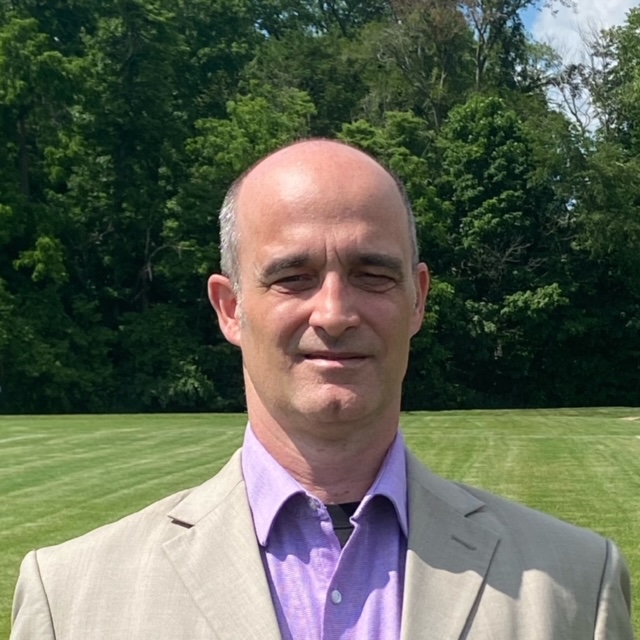Snapshot
Name: Chris Elliott
School Name: New Haven High School
School Location: New Haven, IN
Subject(s) Teaching: U.S. History, Government
Grade(s)Teaching: 11, 12
No. of Years Teaching: 12
In an Education Week article on how polarization is affecting the classroom, Rick Hess discusses how the deep political divides in our nation are having a “chilling effect” on classroom dialogue. Social studies teachers in particular may feel more challenged than teachers of other subjects since many government and history teachers use current events to spark classroom discussion and debate.
As the article notes, because of the heightened polarization, some teachers are avoiding discussion of current events. But learning how to navigate differing opinions is a skill we will need more, not less, in the youth who will be “generation next” for our country.
Teaching Current Events in the Classroom
As a veteran teacher and published author, Chris Elliott—who teaches U.S. history and government at a public high school in New Haven, Indiana—says he’s seen a number of changes as a result of the tense political climate.
“Public education is being scrutinized again,” Elliott says. “Much of that scrutiny—CRT, mask mandates during Covid, banned books, etc.—is based on misinformation. Recognizing this climate, I don’t shy away from assignments and discussions covering potential powder keg topics, but I ensure that I remain politically neutral in the classroom.”
Elliott believes that teaching youth how to engage in constructive dialogue with people who hold opposing views will be even more important in the future. “We should continue to encourage rich dialogues about sensitive subjects,” Elliott says. “In my government classes, we recently held discussions on Supreme Court cases about gay marriage, abortion, search and seizure laws, religious rights in public school, and gun control. The kids love it!”
One resource Elliott uses in his classroom is the SGAP Student Forum newsletter. “We read ‘the controversy’ sections of the newsletter after I summarize the two bills up for vote,” he says. “Next, I ask students to complete the assignment provided in the newsletter. We discuss their responses the following day.”
Distracting Devices
Another trend that has affected education today is technology, Elliott says. “We cannot ignore how information on the internet—some credible, some not—shapes our modern society, which includes the classroom,” he adds. “Increased internet access will continue to affect our curriculum.”
One of Elliott’s concerns is the over-reliance many students have developed on technology, and the distraction it causes. “Cell phones are the number one challenge facing educators today,” Elliott says. “Student engagement and achievement decline primarily due to distractions that electronic technology brings to the table.”
Elliott believes schools should implement a policy banning student cell phones and other devices. In this way, teachers themselves aren’t forced to act as “cell phone cops” with their students.
Indeed, Elliott’s teaching philosophy and approach to classroom management emphasizes respecting his students rather than micromanaging them. “Most of my students already tackle adult responsibilities—jobs, driving, caring for younger siblings,” he says. “I establish trust by recognizing their adult responsibilities and working to guide them toward graduation and full immersion into the adult world.”


